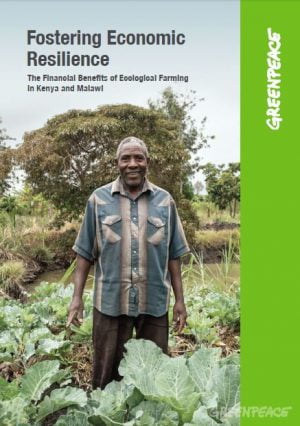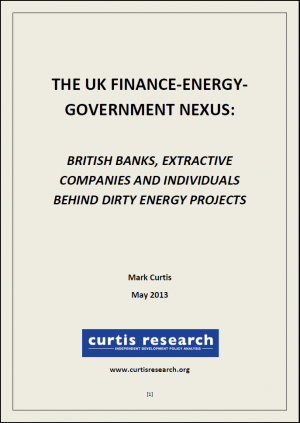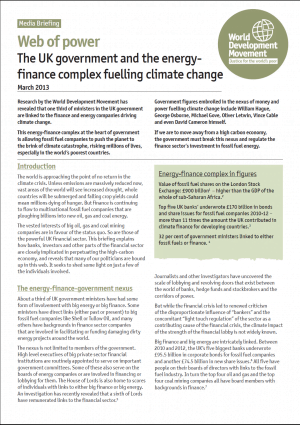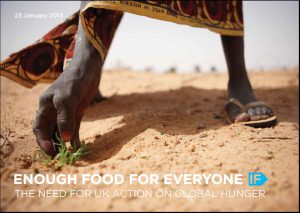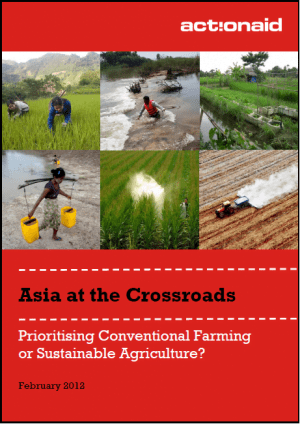Changing Track: Putting People Before Corporations
Report for Health Poverty Action (August 2018)
Curtis Research undertook research for this briefing which details how governments around the world are allowing billions of dollars to be diverted to corporations every year at the cost of human rights and public services. It estimates that the amount of money being diverted every year amounts to over $1 trillion – enough money to cancel all government debt of impoverished countries or triple the money spent on healthcare for half the world’s population. The report analyses a range of ways in which resources are directed towards corporations, including the extent of global corporate tax avoidance, excessive corporate profits, fossil fuel subsidies and agricultural subsidies.




